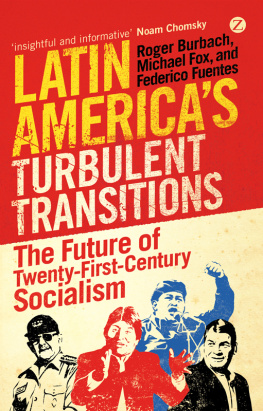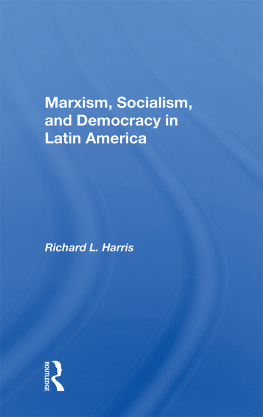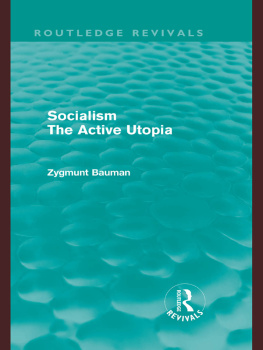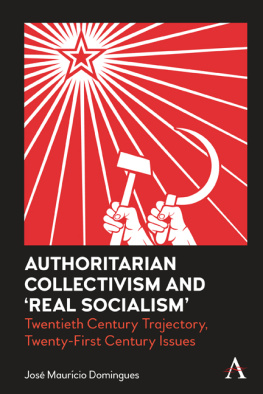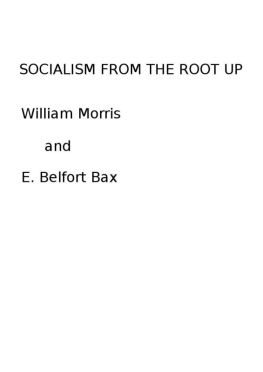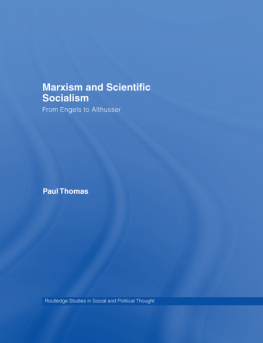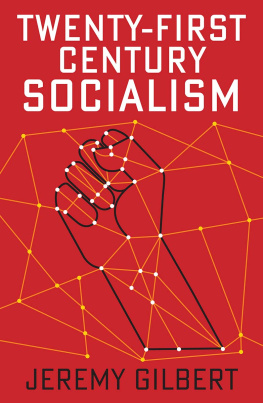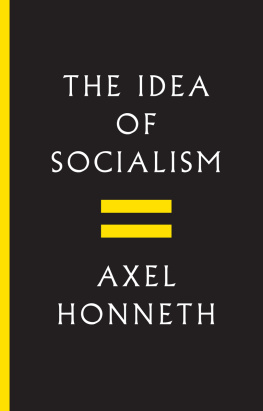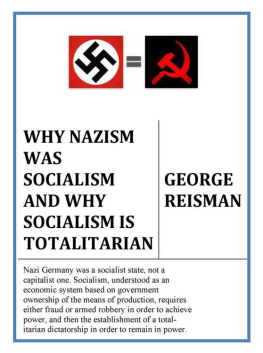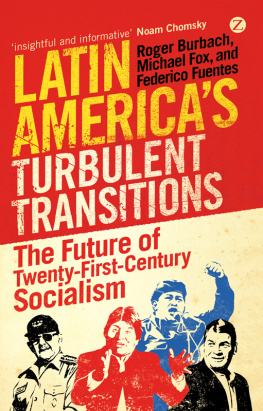
More praise for Latin Americas Turbulent Transitions
Burbach, Fox, and Fuentes have written a thoughtful account of the radical projects that have arisen in Latin America in the wake of the collapse of the old socialism and the simultaneous weakening of US hegemony in the region.
Fred Rosen, editor of NACLA Report on the Americas
This is a vital guide for anyone seeking to understand where the left is headed in Latin America, as well as the vexing political and social challenges confronted by charismatic leaders and progressive forces on the ground.
Nikolas Kozloff, author of Revolution! South America and the Rise of the New Left
In a continent of ferment and change like Latin America, where we often live through tumultuous moments, a serious, documented, and critical book like Latin Americas Turbulent Transitions is a valuable contribution to deepening our discussions and orienting us in the construction of a new world. Burbach, Fox, and Fuentes vast and comprehensive chapters tackle many of the current themes and conflicts and serve as small compasses to help us understand where we are and suggest possible paths forward.
Raul Zibechi, Uruguayan journalist, author of Dispersing Powers: Social Movements as Anti-State Forces
Little by little, inch by inch, the thick, dark velvet curtain thrown over daily events in Latin America by uninterested editors and nervous journalists in the Western media is being tugged back. Roger Burbach, Michael Fox, and Federico Fuentes have produced a sparklingly up-to-date account of the pink tide of new thinking for the general reader. The lives and politics of the present-day political giants of the Western Hemisphere Chvez, Lula, Correa, Ral Castro, and many more are set out with admirable clarity by three authors who know what they are talking about. No student of the New World should be without it.
Hugh OShaughnessy, author of Priest of Paraguay
Latin Americas Turbulent Transitions makes sense of Latin Americas leftward turn, both in terms of its origins and what this turn means for some of the main countries involved. As such, it is an essential resource for the general reader and for students of the region. The case study of Venezuela is especially useful in helping us understand Hugo Chavezs historic legacy and the advent of twenty-first-century socialism.
Gregory Wilpert, author of Changing Venezuela by Taking Power
Anyone seeking to understand the complexities and tensions of the struggles to turn the radical social transformations in contemporary capitalist Latin America into a sustained socialist project needs to encounter this books rare combination of open-hearted commitment and hard-headed analysis.
Steve Ludlam, University of Sheffield
An outstanding work and a must read. While much has been written on the regions shift to the left, Latin Americas Turbulent Transitions offers the first in-depth analysis of socialism in the Americas.
Greg Grandin, New York University, author of Fordlandia: The Rise and Fall of Henry Fords Forgotten Jungle City
About the authors
Roger Burbach is director of the Center for the Study of the Americas and a visiting scholar at the University of California, Berkeley. He has written extensively on Latin America and US foreign policy for over four decades. His first book, Agribusiness in the Americas (1980), co-authored with Patricia Flynn, is regarded as a classic in the research of transnational agribusiness corporations and their exploitative role in Latin America. His most notable book is Fire in the Americas (1987), co-authored with Orlando Nez, which is an informal manifesto of the Nicaraguan revolution during the 1980s. With the collapse of twentieth-century socialism in the Soviet Union and eastern Europe he began to study the emergent system of globalization and to write about the new Latin American social movements and the renewed quest for socialism in the twenty-first century.
Michael Fox is a former editor of NACLA Report on the Americas . He has worked for many years as a freelance journalist, radio reporter, and documentary film-maker covering Latin America. He is the co-author of Venezuela Speaks!: Voices from the Grassroots (2010) and the co-director of the documentary films Beyond Elections: Redefining Democracy in the Americas and Crossing the American Crises: From Collapse to Action , both available through PM Press. He is on the board of Venezuelanalysis.com and his articles have been published in The Nation , Yes Magazine , Earth Island Journal , and more. His work can be found at blendingthelines.org.
Federico Fuentes edits Bolivia Rising , is on the board of Venezuelanalysis.com, and is a regular contributor to the Australian-based newspaper Green Left Weekly , serving as part of its Caracas bureau from 2007 to 2010. During his time in Caracas he was based at the Fundacin Centro Internacional Miranda as a resident researcher investigating twenty-first-century political instruments and popular participation in public management. He has co-authored three books with Marta Harnecker on the new left in Bolivia, Ecuador, and Paraguay. His articles have been published with ZNet, Counterpunch, MRZine , Venezuelanalysis.com, Aporrea, Rebelin, America XXI, Comuna , and other publications and websites in both Spanish and English.
Latin Americas turbulent transitions
the future of twenty-first-century socialism
ROGER BURBACH, MICHAEL FOX, AND FEDERICO FUENTES
Zed Books
LONDON | NEW YORK
Latin Americas Turbulent Transitions: The Future of Twenty-First Century Socialism was first published in 2013 by Zed Books Ltd, 7 Cynthia Street, London N1 9JF, UK and Room 400, 175 Fifth Avenue, New York, NY 10010, USA
This ebook edition was first published in 2013
www.zedbooks.co.uk
Copyright Roger Burbach, Michael Fox, and Federico Fuentes 2013
The rights of Roger Burbach, Michael Fox, and Federico Fuentes to be identified as the author of this work have been asserted by them in accordance with the Copyright, Designs and Patents Act, 1988
Set in OurType Arnhem and Monotype Futura by Ewan Smith, London
Index:
Cover design: www.alice-marwick.co.uk
All rights reserved. No part of this publication may be reproduced, stored in a retrieval system or transmitted in any form or by any means, electronic, mechanical, photocopying or otherwise, without the prior permission of Zed Books Ltd.
A catalogue record for this book is available from the British Library
Library of Congress Cataloging in Publication Data available
ISBN 978 1 78032 496 8
Contents
Illustrations
Acknowledgments
This book is comprised of chapters that were initially drafted by one of the co-authors and then enriched by collective discussion. It is a multi-continental effort, receiving support and assistance from the Americas, Europe, and Australia. It is telling that in this globalized world, a book on Latin America must tap into a myriad of sources around the planet.
The two most important contributors to the book were Marc Becker and Greg Wilpert. Marc wrote the chapter on Ecuador. Greg was critical in drafting the first three chapters with Roger, and had to withdraw from the project because of other commitments. Without his early work, this book may never have become a reality.
The three co-authors have many people to thank. I, Roger, received support from my comrades at the Center for the Study of the Americas, namely Miguel Altieri, Cecile Earle, Patricia Flynn, and Peter Rosset. Early ideas about, and concepts of, the social movements came out of the course on social movements that I taught with Maria Elena Martinez at the University of California at Berkeley. Adam Sgrenci, our reader for the course, is a long-time collaborator who served as a sounding board for my thoughts on the new left in Latin America. Laura Enriquez was very helpful in taking me on as a visiting scholar in the sociology department of the university, giving me access to the library and its research facilities. David Parkhurst, as well as being a good friend, kept me electronically and digitally connected with the world during the writing of this book.
Next page
